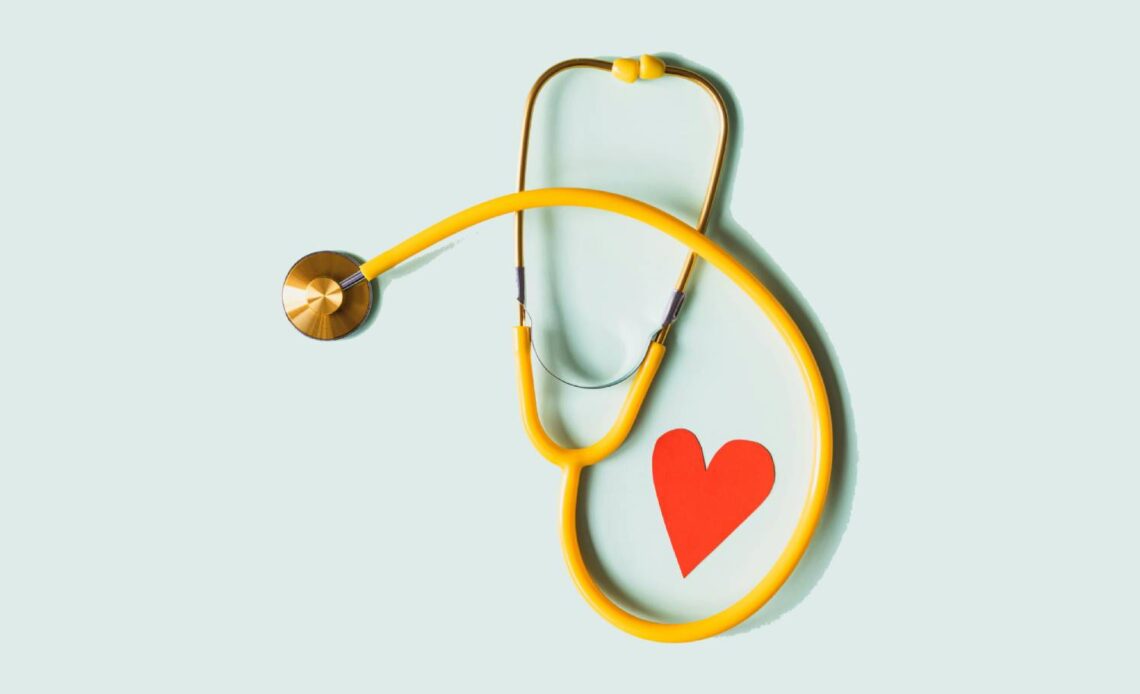
Regular health checks, often referred to as routine check-ups or preventive health screenings, are essential components of maintaining overall well-being. These assessments typically involve a comprehensive evaluation of an individual’s health status, including physical examinations, laboratory tests, and discussions about lifestyle choices. The primary goal of these check-ups is to identify potential health issues before they escalate into more serious conditions.
By engaging in regular health checks, individuals can take proactive steps toward managing their health, ensuring that they remain informed about their physical condition and any necessary interventions. The significance of regular health checks cannot be overstated, as they serve as a cornerstone for preventive healthcare. In a world where chronic diseases are on the rise and healthcare costs continue to soar, these assessments provide an opportunity for early detection and intervention.
They empower individuals to take charge of their health by fostering a deeper understanding of their bodies and the factors that influence their well-being. Furthermore, regular health checks can help establish a trusting relationship between patients and healthcare providers, facilitating open communication about health concerns and lifestyle choices.
Benefits of Regular Health Checks
One of the most compelling benefits of regular health checks is the early detection of potential health issues. Many diseases, such as hypertension, diabetes, and certain types of cancer, can develop silently without noticeable symptoms in their early stages. Routine screenings can uncover these conditions before they progress, allowing for timely treatment that can significantly improve outcomes.
For instance, a simple blood test can reveal elevated cholesterol levels or blood sugar levels, prompting lifestyle changes or medical interventions that can prevent more severe complications down the line. In addition to early detection, regular health checks also promote a proactive approach to health management. These assessments encourage individuals to engage in discussions about their lifestyle choices, including diet, exercise, and stress management.
By addressing these factors during check-ups, healthcare providers can offer personalised recommendations that align with an individual’s unique circumstances. This holistic approach not only enhances physical health but also contributes to mental and emotional well-being, fostering a sense of empowerment and control over one’s health journey.
Common Health Issues Detected through Regular Health Checks
Regular health checks are instrumental in identifying a range of common health issues that may otherwise go unnoticed. For example, high blood pressure is often referred to as a “silent killer” because it typically presents no symptoms until significant damage has occurred. Through routine screenings, healthcare providers can monitor blood pressure levels and implement strategies to manage hypertension effectively.
This proactive approach can prevent serious complications such as heart disease or stroke, ultimately saving lives. Another prevalent issue that can be detected during regular health checks is diabetes. Blood glucose tests can reveal elevated levels that indicate prediabetes or diabetes, allowing for early intervention through lifestyle modifications or medication.
Additionally, routine screenings can help identify risk factors for various cancers, such as mammograms for breast cancer or colonoscopies for colorectal cancer. By catching these conditions early, individuals have a greater chance of successful treatment and improved quality of life.
Importance of Regular Health Checks for Different Age Groups
The importance of regular health checks varies across different age groups, reflecting the unique health needs and risks associated with each stage of life. For children and adolescents, routine check-ups are crucial for monitoring growth and development, as well as ensuring that vaccinations are up to date. These early assessments lay the foundation for a lifetime of healthy habits and can help identify any developmental concerns that may require intervention.
Moreover, establishing a relationship with a healthcare provider at a young age fosters a sense of comfort and trust that can carry into adulthood. As individuals transition into adulthood and later into middle age, the focus of regular health checks shifts toward managing risk factors associated with chronic diseases. Adults are encouraged to undergo screenings for conditions such as high cholesterol, diabetes, and certain cancers based on their age and family history.
For older adults, regular health checks become even more critical as they face an increased risk of multiple chronic conditions. These assessments not only help manage existing health issues but also promote preventive measures that can enhance longevity and quality of life.
How to Schedule and Prepare for Regular Health Checks
Scheduling regular health checks is a straightforward process that begins with identifying a healthcare provider who meets an individual’s needs. Many people choose to establish care with a primary care physician who can coordinate their overall health management. Once a provider is selected, individuals should reach out to schedule an appointment at intervals recommended by their healthcare provider or based on personal health history.
It is advisable to keep track of any specific concerns or symptoms that may arise between visits so that they can be addressed during the check-up. Preparation for a regular health check can enhance the effectiveness of the visit. Individuals should consider compiling a list of medications they are currently taking, including over-the-counter drugs and supplements, as well as any allergies they may have.
Additionally, it is beneficial to maintain a record of family medical history, as this information can provide valuable insights into potential hereditary risks. Finally, being open and honest with healthcare providers about lifestyle habits—such as diet, exercise, and stress levels—can lead to more tailored recommendations for improving overall health.
Cost and Accessibility of Regular Health Checks
The cost and accessibility of regular health checks can vary significantly based on factors such as insurance coverage, geographic location, and healthcare provider availability. For those with insurance plans, many preventive services are covered at little or no cost to the patient, making routine check-ups more accessible.
Community health clinics and nonprofit organisations often provide bulk billing or sliding-scale options for those in need, ensuring that everyone has access to essential preventive services.
Telehealth services have emerged as a valuable solution under Medicare in the last few years, allowing individuals to consult with healthcare providers remotely. This innovation has expanded access to care for many people who may have previously faced obstacles in obtaining regular health checks due to distance or transportation issues.
Risks of Skipping Regular Health Checks
Neglecting regular health checks poses significant risks that can have far-reaching consequences for an individual’s health. One of the most immediate dangers is the potential for undiagnosed conditions to progress unchecked. Chronic diseases such as hypertension or diabetes may develop silently over time; without routine monitoring, individuals may remain unaware of their deteriorating health until serious complications arise.
This lack of awareness can lead to emergency situations that could have been prevented through timely intervention. Moreover, skipping regular health checks can foster a sense of complacency regarding personal health management. When individuals do not engage in routine assessments, they may overlook important lifestyle changes that could enhance their well-being.
This detachment from proactive healthcare can result in poor dietary choices, lack of physical activity, and increased stress levels—all factors that contribute to declining health over time. Ultimately, the risks associated with neglecting regular health checks underscore the importance of prioritising preventive care as an integral part of maintaining overall wellness.
Bassendean Health Professionals
Bassendean is lucky to have two good general practice providers. They are;
For pharmacy needs, these two chemists provide services in Bassendean;
TerryWhite Chemmart Bassendean
Making Regular Health Checks a Priority
In conclusion, making regular health checks a priority is essential for fostering long-term well-being and preventing serious health issues from developing unnoticed. The benefits of these assessments extend beyond mere detection; they empower individuals to take control of their health through informed decision-making and proactive management strategies.
By understanding the common health issues that can be identified during routine check-ups and recognising the importance of these assessments across different age groups, individuals can better appreciate the value of prioritising their health.
Ultimately, embracing the practice of routine check-ups not only enhances personal well-being but also contributes to healthier communities by promoting awareness and prevention on a broader scale.
